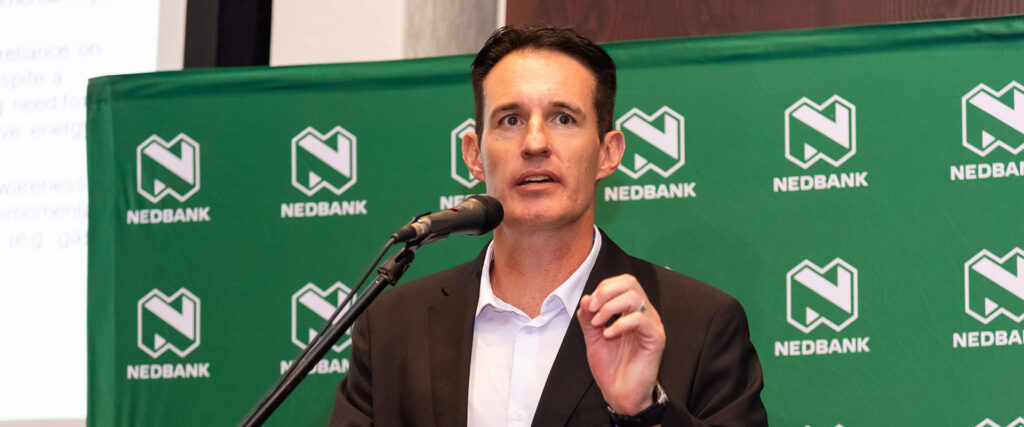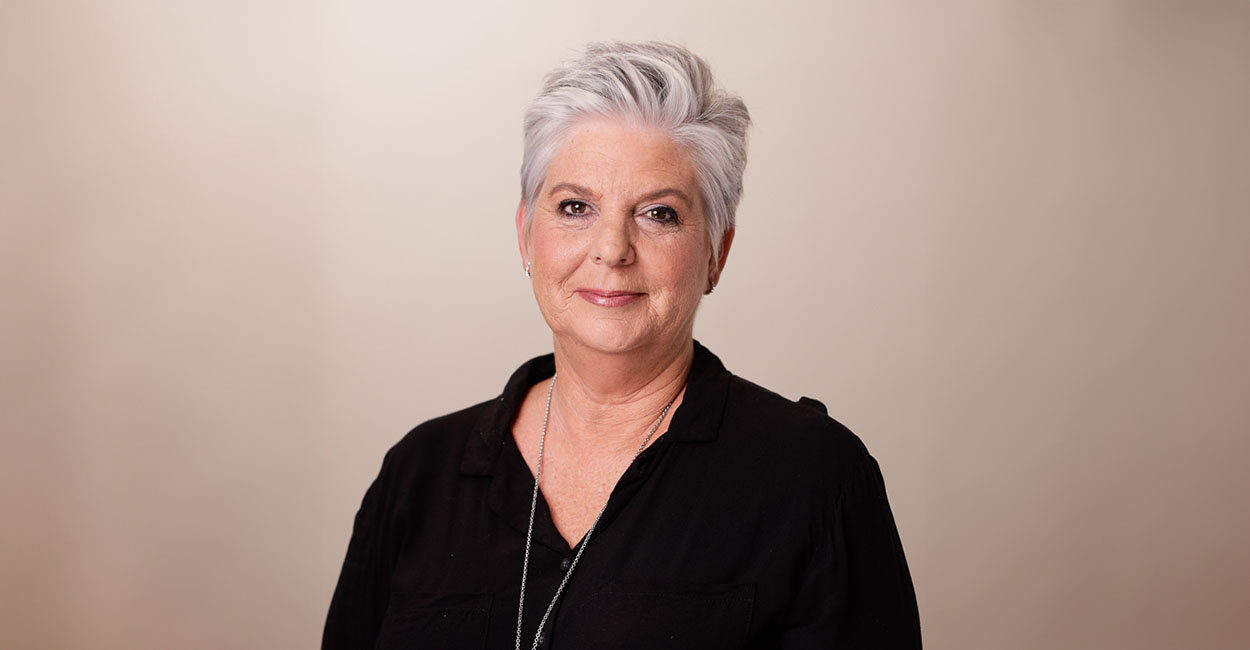MAIN IMAGE: Stephan Potgieter, executive of asset ownership at Nedbank
Editor
The Reserve Bank’s Monetary Policy Committee meets again at the end of July, with many wondering whether the MPC will elect to raise the repo rate for an eleventh time in the current hiking cycle.
Towards the end of June, Lesetja Kganyago, governor of the Reserve Bank told Bloomberg that the bank will keep monetary policy tight for longer to tame persistent inflation. The central bank’s monetary policy committee has raised the benchmark rate by a combined 475 basis points at its 10 past meetings to bring inflation back to the 4.5% midpoint of its target range, where it prefers to anchor expectations. Last month inflation slowed more than projected to a 13-month low of 6.3%. Still, inflation has been above the South African Reserve Bank’s target range for a year. The key repurchase rate stands at 8.25%, the highest level in 14 years.
According to Kganyago inflation is forecast to return within its target range this quarter or next, “There are still risks to the inflation outlook and we have seen that inflation has been sticky, but we are confident that inflation is coming down.”
In short, no one, not even the MPC currently knows whether the repo rate will be increased on the 23rd of July or not, but it very well could.
Where does this leave buyers and sellers for the moment?
“The current mortgage market faces several challenges due to a combination of macroeconomic and general market factors. Firstly, the high-interest environment which has resulted in increased borrowing costs, secondly sellers are struggling to sell their properties, and thirdly consumers are burdened by increased debt servicing costs on their existing debt”, explains Stephan Potgieter, executive of asset ownership at Nedbank.
More specifically, the current high-interest environment is making it more difficult for potential homebuyers to afford a home loan, and this has led to a significant decline in home loan application intake and demand. As a result, banks are now competing aggressively for the limited pool of qualifying clients who are still in the market for purchasing properties.
Secondly, sellers are struggling to sell their properties at the asking price due to the limited number of qualifying buyers. This situation presents opportunities for buyers looking for more affordable properties, but investment property buyers are cautious regarding the potential future depreciation of their investment because the market is in a sixth year of zero or negative real price growth.
Thirdly, consumers are burdened by increased debt servicing costs on their existing debt because of the recent higher-than-expected interest rate hiking cycle. Coupled with high petrol and increased household expenses, including the additional expenses associated with load shedding, consumers are facing increased financial pressure. These factors further contribute to the overall slowdown in the mortgage market.
In summary, the current mortgage market is characterised by reduced demand, increased competition among banks for qualifying clients, and sellers are struggling to offload their properties. Buyers look for more affordable properties but are cautious about the potential future decline in property values. The financial burden on consumers, driven by existing debt and high household expenses, adds to the challenges faced by the mortgage market.
What happens if the repo rate goes up again?
Potgieter shares that Nedbank anticipates that the South African Reserve Bank (SARB) will increase the repo rate by another 25 basis points in July 2023. This would bring the repo rate to 8.5%, the highest level since 2009.
A higher repo rate will make it more expensive for consumers and businesses to borrow money, which could dampen economic activity. This could hurt the property market, as fewer people will be able to afford to buy homes.
However, it is important to note that the property market is not just driven by interest rates. Other factors, such as economic growth, employment levels, and consumer confidence, also play a role.
Overall, it is likely that a further interest rate increase in July will harm the property market in the foreseeable future, and demand is only expected to pick up once interest rates start levelling out and start to decrease in the latter part of 2024, provided that there are not unexpected external shocks that will drive up inflation again.








